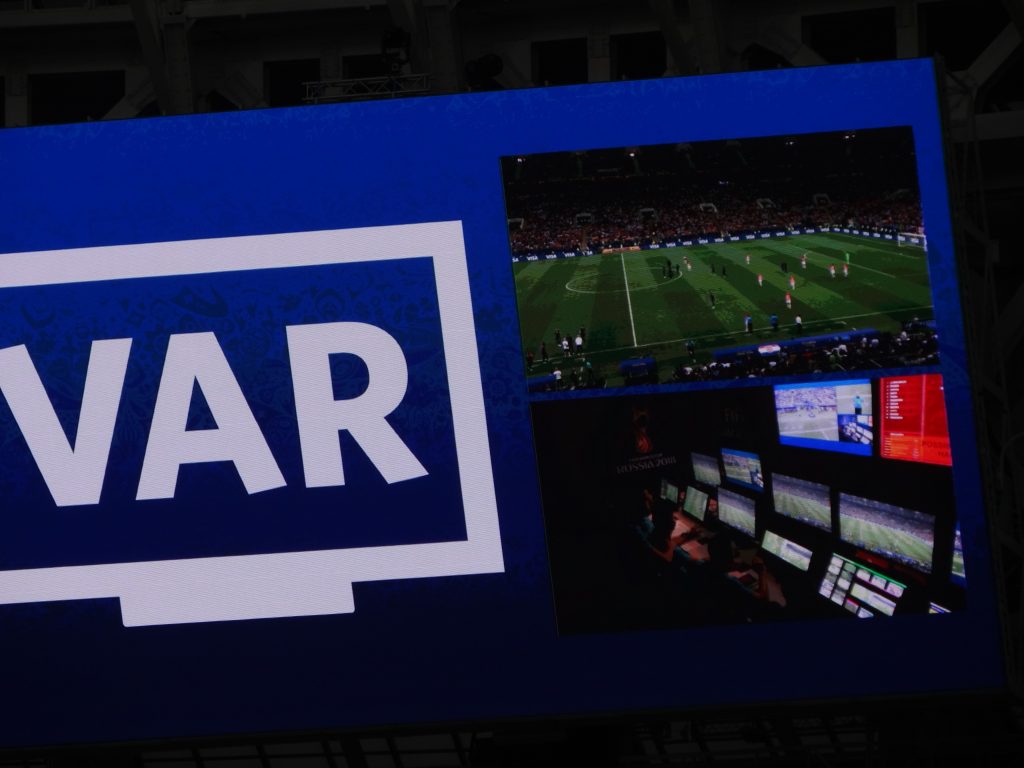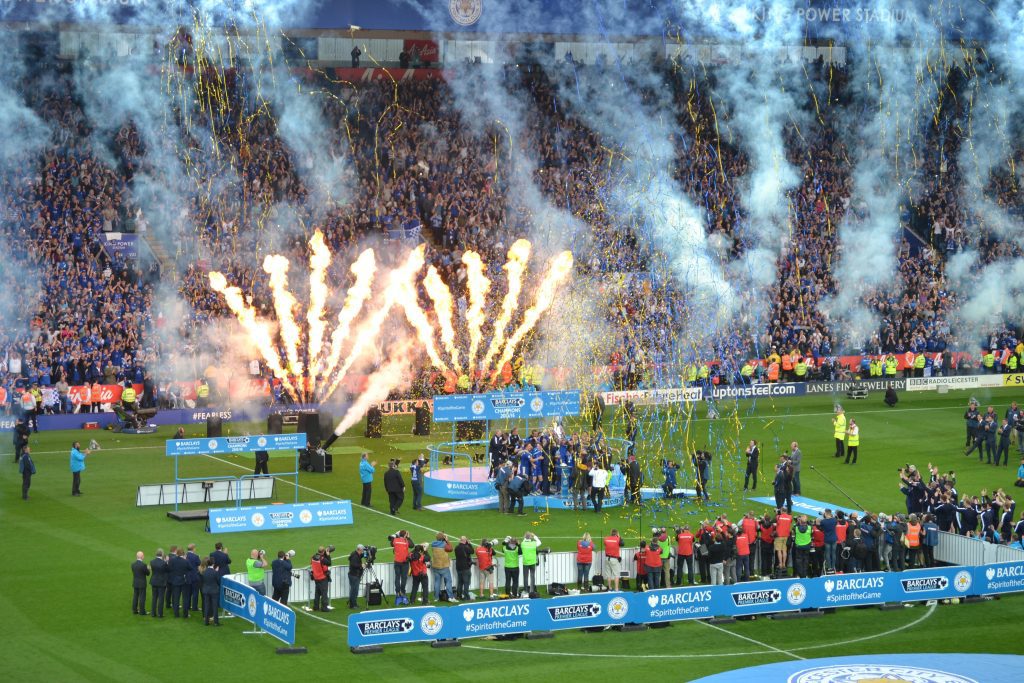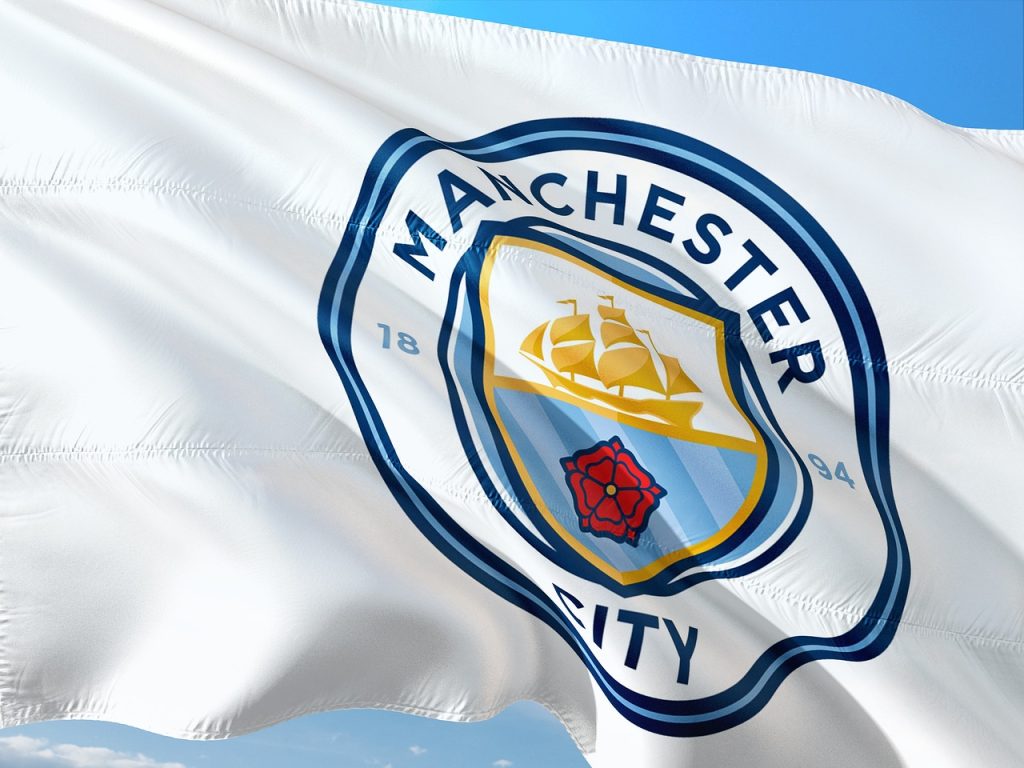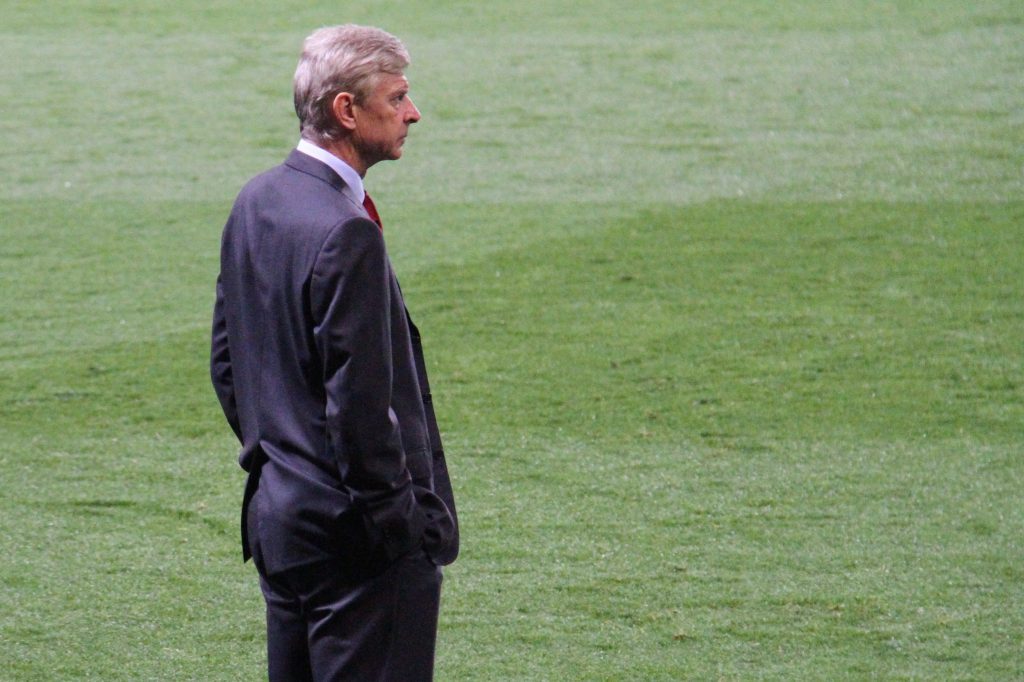The Premier League is the most-watched football league in the world, a global phenomenon built on a foundation of drama, innovation, and unforgettable turning points. Its journey from a domestic competition to a titan of international sport is filled with moments that have forever changed the face of English football. From the league’s seismic formation in 1992, which promised to modernize the game with lucrative television deals, to the recent technological revolution of VAR, the league’s history is a compelling narrative of evolution.
This history is defined by incredible underdog stories, like Leicester City’s 5,000-1 fairy-tale title win in 2016, a feat that redefined the limits of possibility. It’s marked by heart-stopping drama, epitomized by Sergio Agüero’s iconic last-minute goal in 2012 that secured Manchester City’s first title in 44 years and signaled a major power shift. The landscape was further altered by the arrival of visionary managers like Arsène Wenger, whose “Invincibles” Arsenal team achieved an unbeaten season, and the transformative takeovers of clubs like Chelsea and Manchester City, which ushered in an era of unprecedented financial firepower.
In this article, we break down the unforgettable Premier League historical events, analyzing the highs, the shocks, and the game-changing decisions that transformed the sport. Whether you’re reliving classic memories or exploring the roots of modern football, this is your ultimate guide to the moments that changed everything.
10. VAR and the Technological Revolution

In August 2019, the Premier League officially introduced VAR (Video Assistant Referee), marking a new era in English football. This technological leap aimed to assist on-field referees in reviewing decisions related to goals, penalties, red cards, and cases of mistaken identity. It promised clarity and fairness—but what it delivered was a rollercoaster of reactions.
On paper, VAR was a marvel: precision offside calls, penalties reviewed in slow motion, and red cards double-checked from every angle. In practice, it became a weekly talking point. Fans groaned over armpit offsides, celebrated last-second penalty reversals, and questioned the soul of the game. The emotion that once came with spontaneous goal celebrations? Now often followed by a nervous glance at the referee’s ear.
The Premier League tinkered with VAR rules over time, improving communication and using thicker offside lines to reduce marginal call outrage. But the core debate remains: has technology improved the game, or stolen its raw joy?
Love it or loathe it, VAR has changed the Premier League football landscape forever—ushering in an age where precision battles instinct and every goal is temporarily on pause.
9. Leicester City Winning the Premier League

If VAR changed the way football is officiated, Leicester City’s 2015–16 season changed the very limits of belief. A team that had been battling relegation just months earlier did the unthinkable—they won the Premier League. It wasn’t just a title win; it was a fairy tale that belongs at the very top of the list of unforgettable Premier League historical events.
At the start of the season, Leicester City were 5,000-1 outsiders to win the title—odds so extreme that some bookmakers reportedly offered to settle early with punters who placed cheeky bets. The squad, managed by the affable Claudio Ranieri, was built on grit, teamwork, and a few breakout stars who stunned the football world.
Key Stats That Defined the Miracle:
- Points: 81 (10 clear of 2nd place Arsenal)
- Wins: 23 out of 38 matches
- Losses: 3
- Top Scorer: Jamie Vardy (24 goals)
- Most Assists: Riyad Mahrez (11 assists, 17 goals)
Jamie Vardy’s record-breaking streak of scoring in 11 consecutive games, N’Golo Kanté’s midfield dominance, and Mahrez’s dazzling creativity were all part of this dream run. But perhaps the most telling stat? Leicester had just 39.8% average possession that season—the lowest ever for a Premier League champion. They didn’t dominate the ball; they dominated the scoreboard.
Pundits kept predicting their downfall. Fans waited for the wheels to fall off. But Leicester didn’t just hang on—they thrived, and by May 2, 2016, the title was theirs.
The world watched in awe as traditional giants like Manchester City, Chelsea, and Manchester United faltered, while Leicester remained fearless and focused. It wasn’t just a sporting triumph; it was a moment that redefined what’s possible in elite football.
8. Sergio Agüero’s Title-Winning Goal for Manchester City
May 13, 2012. A date forever etched in Premier League folklore. Manchester City needed a win against Queens Park Rangers to secure their first top-flight title in 44 years. What unfolded in the final minutes of that match is considered one of the most iconic moments in Premier League history—a moment that changed the narrative of English football and birthed a new giant.
City were trailing 2–1 as the clock hit 90 minutes. United, playing elsewhere, had already wrapped up a win and were preparing to celebrate the title. But then came the twist that only football could script. Edin Džeko equalized in the 92nd minute, giving City a glimmer of hope. Two minutes later, Mario Balotelli—recording his only assist in a City shirt—fed the ball to Sergio Agüero, who skipped past a defender and slammed it home.
“AGUEROOOOOO!”, screamed commentator Martin Tyler, as the Etihad exploded. Fans wept, players collapsed, and Manchester City completed the most dramatic title win in English football history.
Impact of Sergio Aguero’s Goal:
- Premier League Champions: 2011–12 (on goal difference)
- Title Win on Final Day: First in PL era decided in added time of final match
- Shifted Power: Marked the beginning of Man City’s dominance era
- Legacy: Aguero’s 94th-minute goal is now immortalized in a statue outside the Etihad Stadium
Sergio Aguero’s goal and Man City title impact was more than just a match-winning moment—it was a declaration that the old guard was changing. It ended Manchester United’s reign and ushered in a blue revolution backed by ambition, investment, and one of the most lethal strikers the league has ever seen.
7. Manchester City’s Takeover and Subsequent Success

While Aguero’s last-minute heroics gave Manchester City their first modern-era title, the seeds of dominance were sown in 2008 with the club’s dramatic takeover by the Abu Dhabi United Group. It was the spark that lit the fuse for a footballing transformation, marking one of the key moments that shaped the Premier League era.
When the deal was sealed on September 1, 2008, few could predict just how seismic the shift would be. Within hours, City broke the British transfer record to sign Robinho from Real Madrid. And that was just the beginning.
City’s new financial muscle reshaped not just the club, but the entire league. Transfer records tumbled, training facilities were revolutionized, and their tactical evolution under Pep Guardiola introduced a new level of precision and dominance.
Beyond the silverware, City’s rise challenged traditional powerhouses like Manchester United, Chelsea, and Arsenal, forcing them to rethink their strategies. They’ve become the benchmark—one that defines modern football excellence.
The transformation from “noisy neighbors” to serial champions wasn’t just about money—it was about vision, patience, and relentless ambition. Today, Manchester City isn’t just a club—they are a dynasty, and their takeover remains one of the defining moments in Premier League history.
6. Financial Fair Play

As Premier League clubs flexed their financial muscle throughout the 2000s and early 2010s, concerns grew that the game’s richest were pulling too far ahead—threatening both competition and sustainability. Enter Financial Fair Play (FFP), one of the most significant rule changes in Premier League history, aimed at leveling the financial playing field and preventing clubs from spending beyond their means.
FFP was introduced by UEFA in 2011, but the Premier League implemented its own version of financial regulations starting in 2013. These rules were designed to ensure clubs spent within their revenue, limit wage bill inflation and encourage long-term financial health.
Under Premier League FFP, clubs could face fines, points deductions, or spending restrictions if they posted excessive losses over a three-year period. While the intention was noble, enforcement became a murky battlefield—especially as clubs creatively maneuvered through sponsorship deals, amortization tactics, and related-party transactions.
Premier League Financial Flashpoints:
- Portsmouth (2010): First PL club to enter administration—symbol of unchecked spending
- Leeds United (2004 pre-PL FFP): Financial collapse due to chasing Champions League dreams
- Manchester City: Fined by UEFA in 2020 (later overturned), facing current Premier League charges for over 115 alleged financial breaches
- Everton: Penalized in 2023–24 season with a points deduction for violating spending limits
- Chelsea: Raised eyebrows under new ownership with record spending—tested the spirit of FFP through long-term contracts to spread amortization costs
While some critics argue FFP protects elite clubs by locking in financial hierarchies, supporters say it’s a necessary guardrail against financial chaos. The ongoing investigations, appeals, and courtroom drama show just how complex and contentious financial regulation in football has become.
Financial Fair Play isn’t just about spreadsheets—it’s a battle for the soul of the league, trying to strike a balance between ambition and accountability. And as we move forward, its role will only become more prominent in defining who can rise, who must fall, and how fair the game truly is.
5. Arsenal’s “Invincible” Season
In a league built on intensity, unpredictability, and the occasional chaotic midweek fixture in the rain, going an entire season unbeaten sounds like fantasy. But Arsène Wenger’s Arsenal turned that fantasy into reality during the 2003–04 Premier League season, finishing with 26 wins, 12 draws, and 0 losses across 38 matches. The significance of the Invincibles season in the Premier League cannot be overstated, it’s the gold standard of dominance, elegance, and resilience.
The team played with a swagger and finesse that mesmerized fans and frustrated rivals. Led by icons like Thierry Henry, Patrick Vieira, Dennis Bergkamp, and Robert Pires, this Arsenal side blended Gallic flair with English grit. Wenger, a pioneer in modern football science, diet, and training regimes, crafted a side that was not only technically brilliant but mentally unshakeable.
Why It Still Matters:
- First unbeaten top-flight season since Preston North End in 1888–89, who went unbeaten over 22 games with 18 wins and 4 draws — but Arsenal achieved the feat in a much longer 38-game league.
- 14-game away winning streak during the season
- The achievement earned a unique gold Premier League trophy
- Set a benchmark for future “greatest team” debates
What made it even more remarkable was the era. This wasn’t a one-horse race—the league featured a rising Chelsea, a dominant Manchester United, and fiercely competitive mid-table sides. Arsenal didn’t just win—they outlasted, outplayed, and outclassed.
The Invincibles era wasn’t just about the results; it was about changing the way football was played in England. Wenger brought continental philosophies, attacking principles, and a new professionalism that reshaped the league from the inside out.
To this day, no Premier League team has managed to replicate that perfect storm of consistency and excellence. The Invincibles aren’t just part of history—they are Premier League immortals.
4. Chelsea’s Takeover by Roman Abramovich

Before 2003, Chelsea were an ambitious club with flashes of flair but few major titles to show for it. That changed overnight when Russian billionaire Roman Abramovich bought the club in the summer of 2003, instantly altering the trajectory of English football. With deep pockets and an insatiable hunger for silverware, Chelsea became one of the notable Premier League history winners, ushering in a new era of financial firepower, star signings, and relentless pursuit of trophies.
Abramovich didn’t just invest—he revolutionized. The club splashed out more than £100 million in his first transfer window alone, bringing in top talent from across Europe. The following season, he appointed José Mourinho, fresh off a Champions League win with Porto, and the rest was history. Chelsea went on to win their first league title in 50 years in 2004–05, conceding just 15 goals all season and finishing with a then-record 95 points.
But the takeover wasn’t just about trophies—it signaled a shift in the Premier League’s landscape. Chelsea’s spending changed expectations, forcing rivals to up their game and igniting debates around the influence of foreign ownership. The Abramovich model became a blueprint for success, blending sharp managerial appointments with heavy, strategic investment in world-class players.
Over the next two decades, Chelsea would win five Premier League titles, two Champions Leagues, and countless domestic cups, evolving into a global superpower. Their rise under Abramovich demonstrated that with the right backing and ambition, even a club outside the traditional elite could challenge—and redefine—the hierarchy.
The Chelsea takeover marked a clear before-and-after in English football. It introduced a new era of wealth-driven competitiveness and made the club not just champions, but permanent fixtures in the Premier League elite.
3. Arsène Wenger’s Arrival at Arsenal

When Arsène Wenger arrived at Arsenal in October 1996, he was an unknown figure in English football. But it didn’t take long for the Frenchman to leave a profound impact—not just on Arsenal, but on the Premier League as a whole.
Wenger brought with him a radical new approach: modern training methods, strict dietary regimes, and a commitment to stylish, attacking football. He transformed Arsenal’s playing identity and quickly found success, winning the Premier League and FA Cup double in 1997–98—just his second season in charge.
Under his leadership, players like Thierry Henry, Patrick Vieira, and Robert Pires flourished. Wenger’s Arsenal teams were known for their flair, intelligence, and technical brilliance, setting new standards for how football could be played in England.
But Wenger’s influence went beyond the pitch. He changed the culture of English football, paved the way for foreign managers, and helped Arsenal grow into a global brand. His arrival marked a true turning point—a moment that reshaped the Premier League era with elegance, innovation, and lasting legacy.
2. The Bosman Ruling

One of the Premier League history defining moments came in 1995 with the Bosman ruling, a landmark decision that changed football’s transfer market forever. Named after Belgian footballer Jean-Marc Bosman, the ruling granted players the right to move freely to another club at the end of their contract without their current club being able to demand a transfer fee.
Before Bosman, clubs held significant control over players’ destinies, as they could dictate terms even if a player’s contract had expired. But the European Court of Justice ruled that restrictions on player movement within the European Union were illegal, paving the way for greater mobility and player power.
The effects on the Premier League were immediate and profound. Players suddenly had much more leverage in contract negotiations, and clubs were forced to adapt. The ruling led to an increase in free transfers, allowing clubs to acquire players without paying hefty fees, reshaping the financial landscape of the game.
The Bosman ruling also accelerated the trend of international players flooding into the Premier League, as clubs sought to sign the best talent from around the world without the barriers of transfer fees. This influx contributed to the league’s rising global profile and intensified competition among clubs, marking a pivotal shift in English football.
1. The Formation of the Premier League

The final and most foundational chapter in any recounting of Premier League history defining moments is its very creation. In 1992, the top 22 clubs in English football broke away from the Football League First Division to form the Premier League. The league operated with 22 teams for its first three seasons before being reduced to the 20-team format that remains today, starting with the 1995-96 season. This historic split was driven by the promise of greater television revenue, commercial freedom, and the chance to modernize the game
Backed by a lucrative deal with BSkyB, the Premier League kicked off on August 15, 1992, with a vision to turn English football into a global powerhouse. The change was seismic. Matches were now broadcast with slick production, clubs gained access to unprecedented revenue streams, and footballers became global celebrities almost overnight.
The formation of the Premier League wasn’t just a rebranding—it marked the beginning of football’s transformation into a worldwide entertainment industry. It set the stage for every other chapter: from VAR technology and financial revolutions to unforgettable title races and historic managerial legacies.
More than three decades on, the Premier League is watched in over 200 countries, fuels billions in revenue, and features some of the world’s most iconic players and clubs. It has become a cultural juggernaut, but its roots trace back to that bold decision in 1992—to reshape English football forever.
And that, truly, is where it all began.



